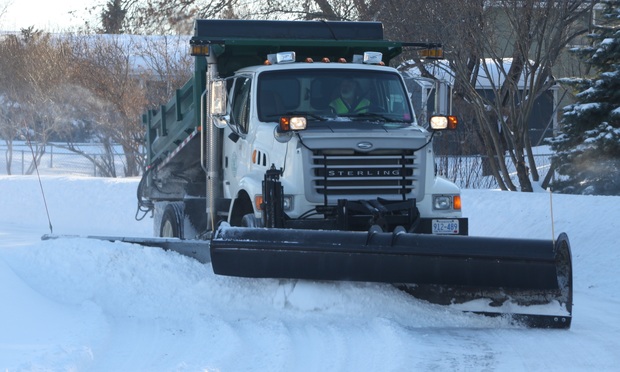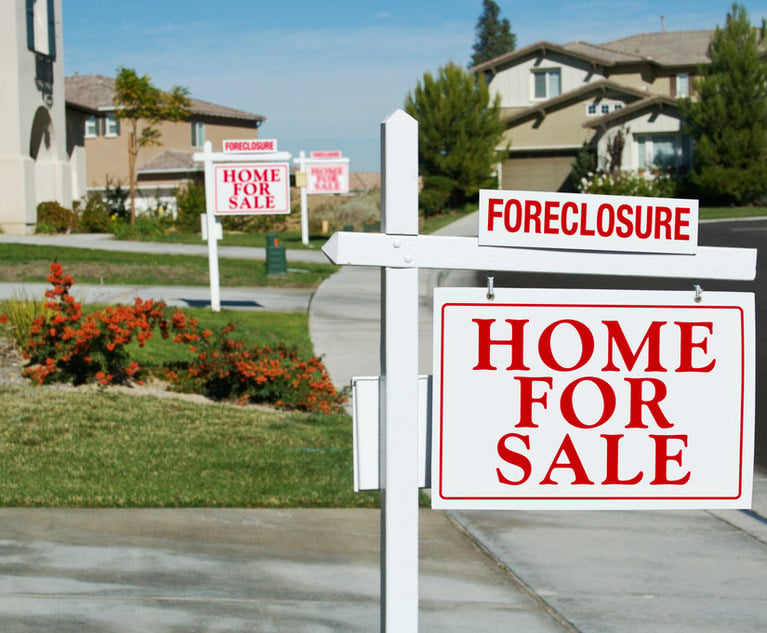In Shields v Ramslee Motors, decided by the New Jersey Supreme Court on Jan. 23, plaintiff slipped and fell on ice on the driveway of commercial property in Jersey City. Under the lease to the tenant, Ramslee Motors, a used car dealership, Ramslee was responsible for maintaining the premises as if it were “de facto owner.” The lease provided, among other things, that “during TENANT’S use and occupancy of the premises that TENANT shall be solely responsible for the maintenance and repair of the land and any structure placed on the premises at any time and from time to time during the lease, as if Tenant were the de facto owner of the leased premises.” The landlord reserved the right to enter the premises for specified purposes, including “at any time in the event of emergency” and “at all reasonable hours, for the purpose … making such repairs or alterations therein as may be necessary for the safety and preservation thereof.” That covenant was expressly stated not “to create an obligation on the part of the LANDLORD to make such inspection or repairs.”
After plaintiff settled with the tenant, who had caused the driveway to be cleaned the day before the accident, the landlord obtained summary judgment. The Appellate Division reversed, holding that the lease was silent as to responsibility for snow and removal; that there was no distinction between the duty of the owner of commercial property to clean a sidewalk and to clean “an open driveway used with regularity;” and that the landlord had a non-delegable duty to “ensure that the driveway abutting the driveway was clear of snow and ice.”


 snowplow
snowplow




